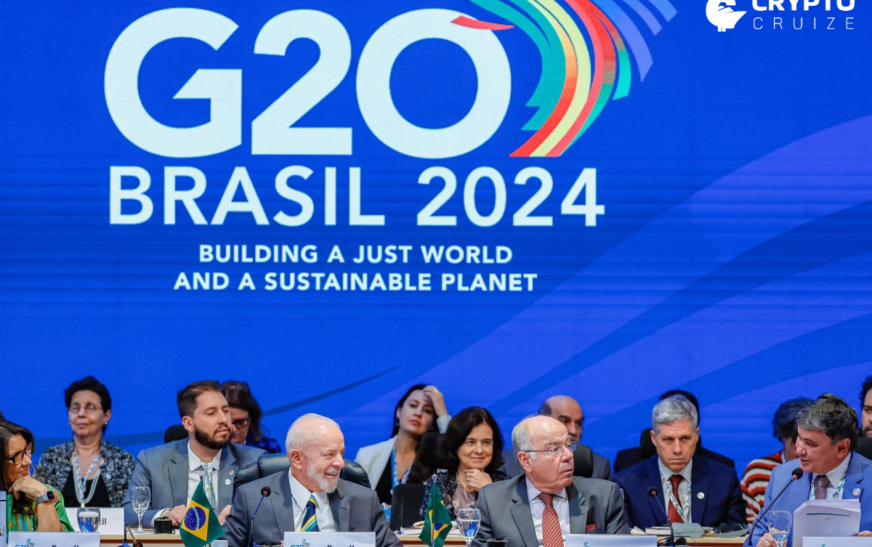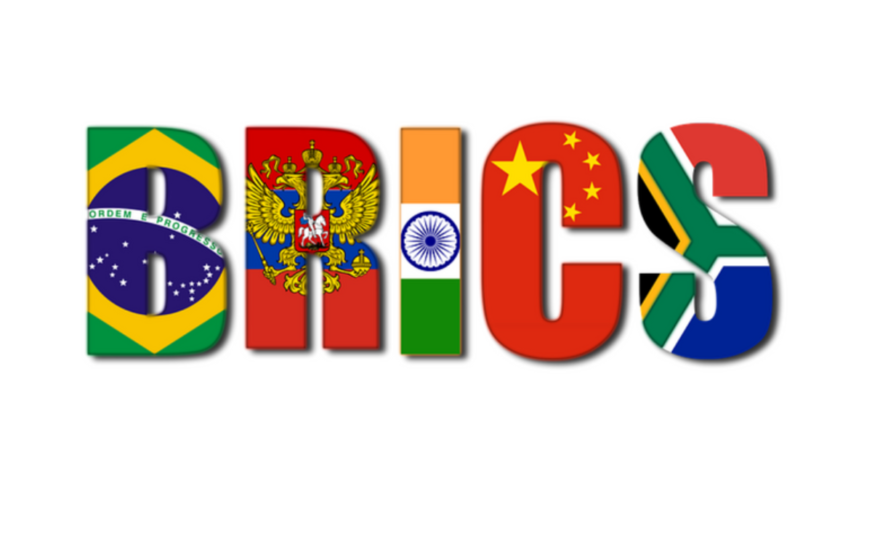During the recent G-20 summit held in Rio de Janeiro, Argentine President Javier Milei made headlines with his partial rejection of the group’s collective declaration, particularly those elements linked to the UN’s Agenda 2030.
This move is seen as a significant pivot in Argentina’s policy since it usually aligns with the collective decisions of the group.
Milei’s Critique of Multilateral Organizations
Milei’s government announced that while they signed the G-20 declaration, they did so with specific reservations. This stance reflects a broader skepticism about the effectiveness of multilateral organizations in dealing with global challenges.
President Milei highlighted the deviation of such bodies from their original missions, which were intended to foster voluntary, equal, and autonomous collaboration among nations to protect fundamental human rights.
In his formal statement, Milei expressed his concerns about various points within the so-called UN Agenda 2030, criticizing it for potentially curtailing free speech on social networks, infringing on national sovereignty, and suggesting that increased state interventions could solve issues like hunger.
This skepticism extends to global economic policies as well, including the proposed tax on large fortunes championed by Brazil’s President Lula da Silva. Milei countered these views by advocating for a shift towards what he terms a “Middle State,” which he believes is the solution to eradicating hunger and poverty.
The Path to Prosperity Through Freedom
Milei is steadfast in his belief that prosperity comes from limiting governmental power and fostering market freedom. He points to the historical success of capitalist systems, noting that deregulation and the free exchange of goods and services have played significant roles in lifting populations out of extreme poverty and doubling life expectancy globally.
In his critique, Milei reiterated the importance of embracing freedom in all its forms—freedom of speech, religion, and trade—as essential for true progress. He advocated for an economic environment where deregulation and the facilitation of trade would unleash market potential and lead to broader prosperity.
By standing firm on these principles at the G-20 summit, Milei not only distanced himself from certain global policies but also reaffirmed his commitment to a vision where less state intervention could lead to more effective solutions for global challenges.
His position aims to redefine Argentina’s role and influence within international frameworks, advocating for a return to more foundational values of autonomy and economic freedom















